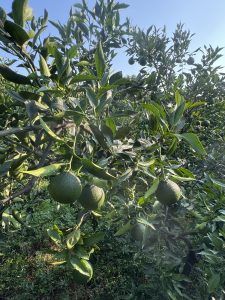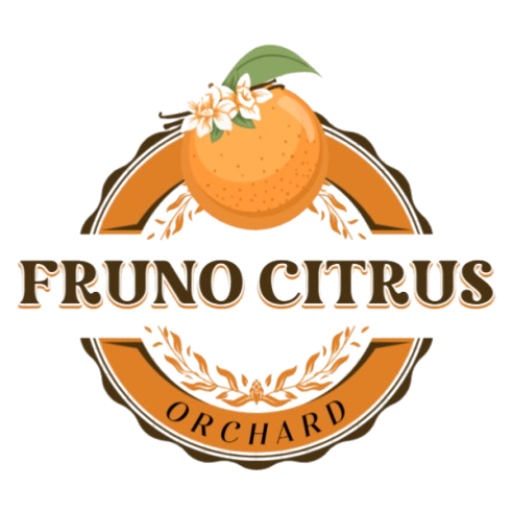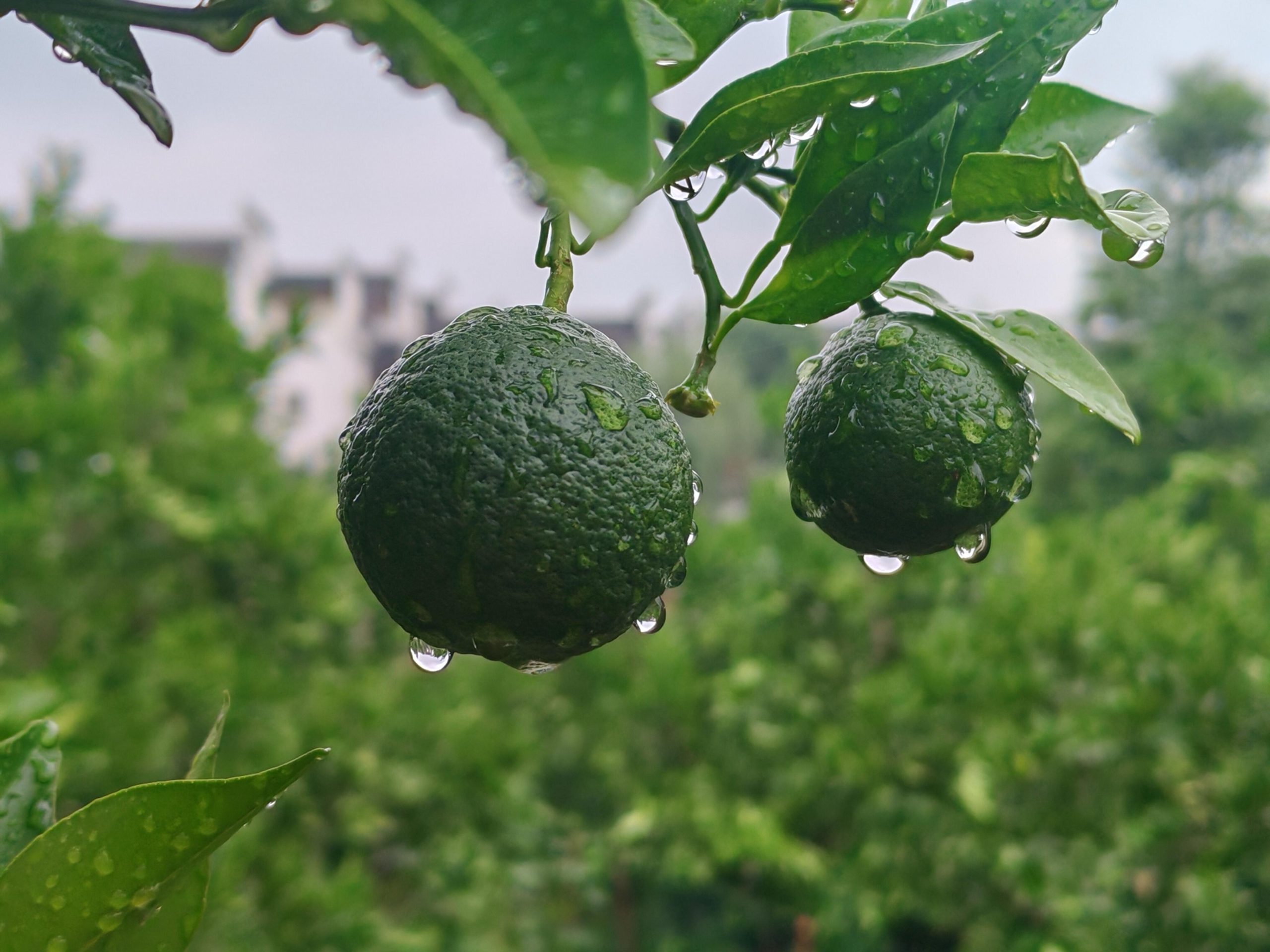Smart Orchard Management: Sustainable Citrus Production in China
Smart Orchard Management Techniques
Sustainable citrus production in China is increasingly relying on advanced smart orchard management techniques. By integrating technology into agricultural practices, farmers can optimize resource use and improve crop yields. The implementation of IoT devices, AI-driven data analytics, and precision farming methods has revolutionized traditional farming approaches. This innovative management system allows farmers to monitor soil health, moisture levels, and pest activity in real-time. For instance, sensors can detect when irrigation is necessary, reducing water waste and ensuring that the Ehime Jelly Orange trees receive the right amount of moisture. This proactive approach not only enhances the quality of citrus fruits but also contributes to sustainable agriculture by preserving vital resources. Moreover, smart orchard management facilitates better disease management. By using predictive analytics, farmers can identify potential outbreaks before they escalate, allowing timely intervention. This is particularly important for high-value crops like the Papagan Orange, where market demands require flawless fruit quality and timely harvesting.
Sustainable Practices in Citrus Orchards
In the realm of sustainable citrus production, practices such as organic fertilization and integrated pest management are becoming the norm. Farmers grow cover crops that enrich the soil and reduce pests naturally, minimizing the reliance on chemical pesticides. This ecological approach not only protects beneficial insects but also enhances the biodiversity of the ecosystem. The Ganping Mandarin is another example of a citrus variety benefiting from these practices. With a firm focus on sustainability, growers are exploring eco-friendly packaging options and reducing carbon footprints during transportation. As a result, consumers are increasingly drawn to these sustainably produced fruits, fostering a growing market for winter citrus in both domestic and international markets. Furthermore, the demand for late-season varieties, such as Ehime No. 38, is driving investments in sustainable practices. This variety has gained popularity due to its unique flavor profile and extended shelf life, making it an ideal candidate for export markets. With the right management, farmers can ensure they meet international standards while maintaining the integrity of their orchards.
Economic Impact of Smart Orchard Management
The economic benefits of adopting smart orchard management in citrus production are significant. By improving crop yields and reducing input costs, farmers can enhance their profitability. For instance, the ehime jelly orange price in wholesale markets reflects the increased demand for high-quality, sustainably produced citrus fruits. Moreover, as China continues to expand its citrus export market, the importance of complying with international quality standards cannot be overstated. Technologies that monitor fruit ripeness and quality during transport ensure that products like Papagan oranges reach overseas markets in optimal condition, leading to higher returns for producers. The scale of modern orchards, often exceeding 6000 acres, necessitates efficient management systems. With 27 years of cultivation experience and 8 years in trade, brands like Fruno are well-positioned to leverage these advancements. They can supply premium citrus varieties to wholesalers and retailers both locally and globally, creating a robust economic framework that supports sustainable practices in the industry. For more information, visit [Fruno](https://frunocitrus.com/).

